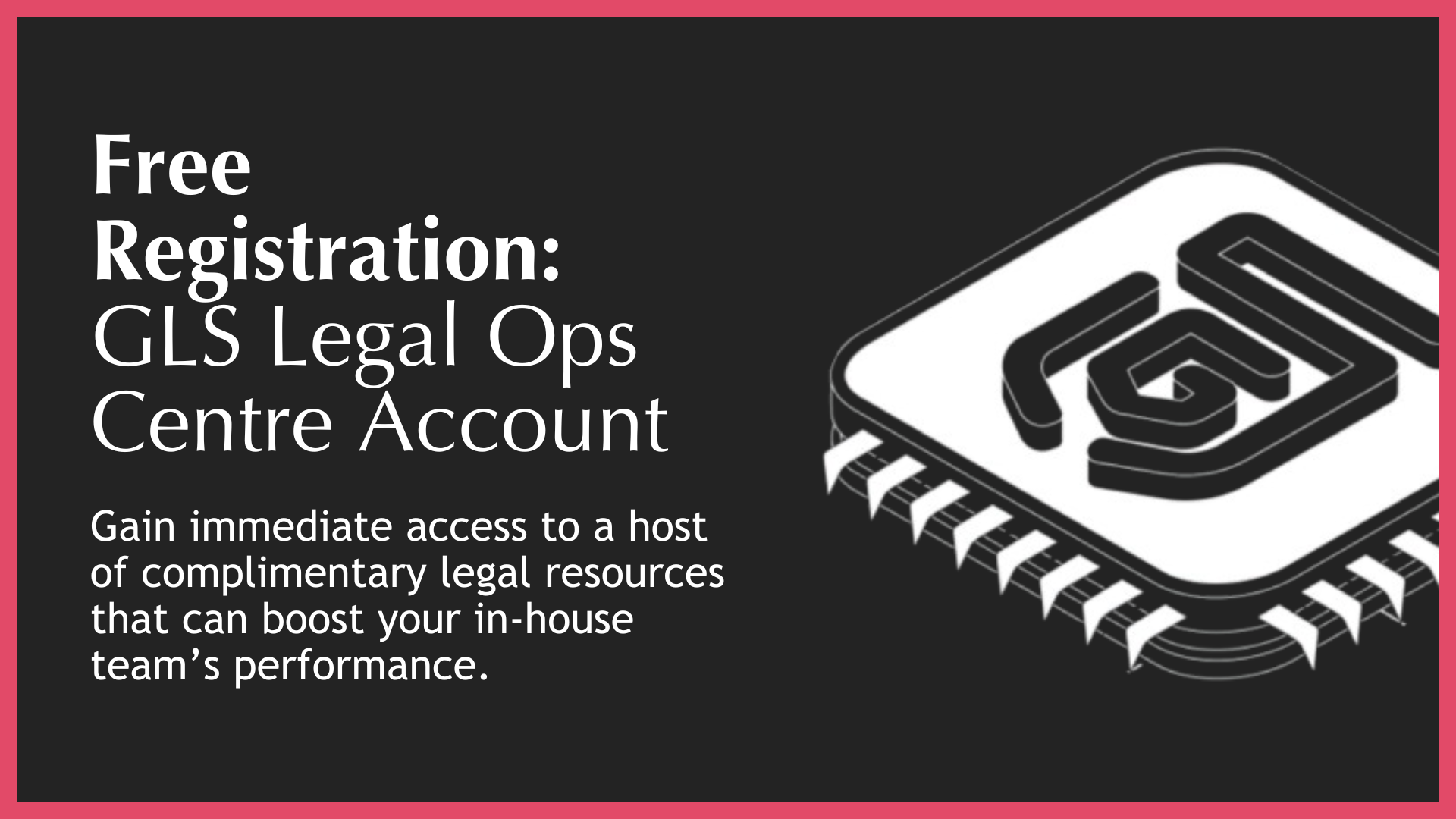The GLS Legal Operations Centre
The ultimate in-house legal department resource stack
Back
RPLV Decision Making
What Is It
RPLV Decision Making is a legal triage framework that enables in-house legal teams to prioritise legal work based on enterprise impact. It provides a structured, repeatable method for assessing each legal request across four dimensions: Resources, Priorities, Leverage, and Validation.
The model was developed to address a common challenge: legal teams are overwhelmed by demand and lack a consistent, business-aligned method to decide what gets done first. RPLV solves this by scoring each request at the point of intake, allowing legal teams to sequence work intelligently, not emotionally or politically.
◼️Resources assesses the level of legal effort required.
◼️Priorities checks alignment with agreed legal and business priorities.
◼️Leverage evaluates whether the work enables broader business activity.
◼️Validation considers whether the work helps demonstrate legal’s value or strategic alignment.
RPLV is not about saying “no” - it’s about saying “yes” to the right things, at the right time, for the right reasons. It empowers legal teams to allocate effort transparently, defend their decisions, and ensure that their limited capacity is directed toward the matters that matter most.
Scope
The RPLV Decision Making station typically includes:
◼️A clearly defined RPLV scoring rubric applied to all incoming legal requests.
◼️Integration with legal intake forms to embed scoring at the point of request.
◼️Matter classification based on RPLV scores to guide triage and sequencing.
◼️Resource allocation protocols that align team effort with RPLV outcomes.
◼️Stakeholder communication tools to explain prioritisation decisions.
◼️Dashboards and analytics to track RPLV distribution across the legal portfolio.
◼️Calibration mechanisms to refine scoring based on outcomes and feedback.
◼️Alignment with budgeting and planning to inform headcount and investment decisions.
Resource Status
In GLS legal ops speak – the RPLV Decision Making is considered a “Foundational” resource within the process ecosystem of an in-house legal team.
The Foundational Resource is a CRE that is responsible for determining the overall performance capabilities of a “critical” legal function. If it is not optimised, the function can never be optimised.
Best Practice Features
The best practice features of the GLP are as follows:
◼️A published RPLV scoring framework with clear definitions and examples.
◼️Seamless integration with the legal services request form.
◼️scoring tools to ensure consistency and reduce subjectivity.
◼️Dashboards that visualise RPLV scores across matters and departments.
◼️Training for legal and business users on how RPLV works and why it matters.
◼️Feedback loops to refine scoring and improve alignment with business needs.
◼️Governance protocols to ensure fairness and transparency in triage.
◼️Use of RPLV data in legal performance reporting and strategic planning.
Business Value
The RPLV Decision Making station delivers the following value to the Business:
◼️Cost Savings – Ensures legal effort is focused on high-impact, high-return matters.
◼️Time Savings – Reduces delays caused by misaligned prioritisation.
◼️Faster Deal Making – Accelerates support for strategically important transactions.
◼️Strategic Alignment – Legal services are delivered in line with business priorities.
◼️Transparency – Stakeholders understand how and why legal decisions are made.
Legal Department Value
Legal teams benefit from RPLV Decision Making through:
◼️A defensible framework for triaging and sequencing work.
◼️Reduced fire-fighting and improved workload planning.
◼️Enhanced ability to demonstrate value and strategic focus.
◼️Stronger stakeholder relationships through transparent decision-making.
◼️Data to support headcount, budget, and technology investment.
◼️A foundation for continuous improvement and legal transformation.
Who Needs It
The RPLV Decision Making station is essential for:
◼️General Counsel
◼️Heads of Legal Operations
◼️Legal Transformation Leads
◼️CFOs and Finance Business Partners
◼️Procurement and Vendor Managers
◼️Business Unit Leaders seeking legal support
Productivity Consequences
A legal team operating without a RPLV Decision Making capability will face a wide range of inefficiencies including:
◼️Reactive resource allocation and constant fire-fighting.
◼️Inability to justify prioritisation decisions to stakeholders.
◼️Poor alignment with business strategy and planning.
◼️Wasted effort on low-impact or non-strategic matters.
◼️Difficulty demonstrating legal’s value and performance.
◼️Reduced credibility in budget and headcount discussions.
Tech Implication
RPLV Decision Making leverages technology. It benefits from:
◼️Integration with legal intake and matter management systems.
◼️Scoring automation tools to ensure consistency and speed.
◼️Dashboards for visualising prioritisation and resource allocation.
◼️Analytics platforms to track RPLV trends and outcomes.
◼️Workflow tools to route matters based on RPLV scores.

The GLS Legal Operations Centre
Register to access your complimentary Day 1 Resource Stack packed with legal team performance resources.

GLS Ultimate Guide To Legal Operations
Download this and read it thoroughly and regularly. It is a wonderful transformation companion.

Book A No-Obligation Consultation
If you would like discuss your legal transformation needs, please book a 30 minute free consultation with us.

GLS Legal Transformation Boot Camp
Our hugely successful, 10-week long, email-based boot camp on how to effectively transform your legal team.




